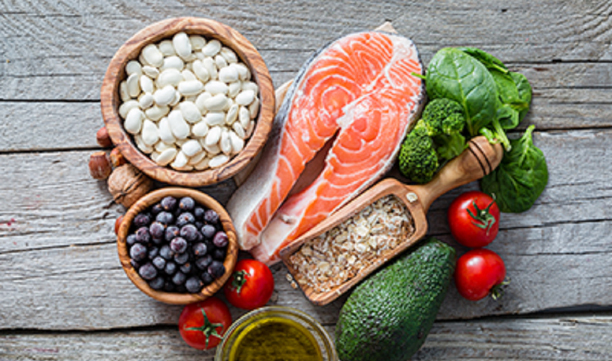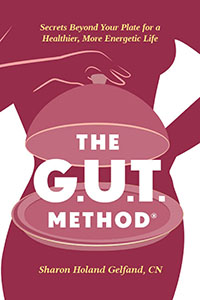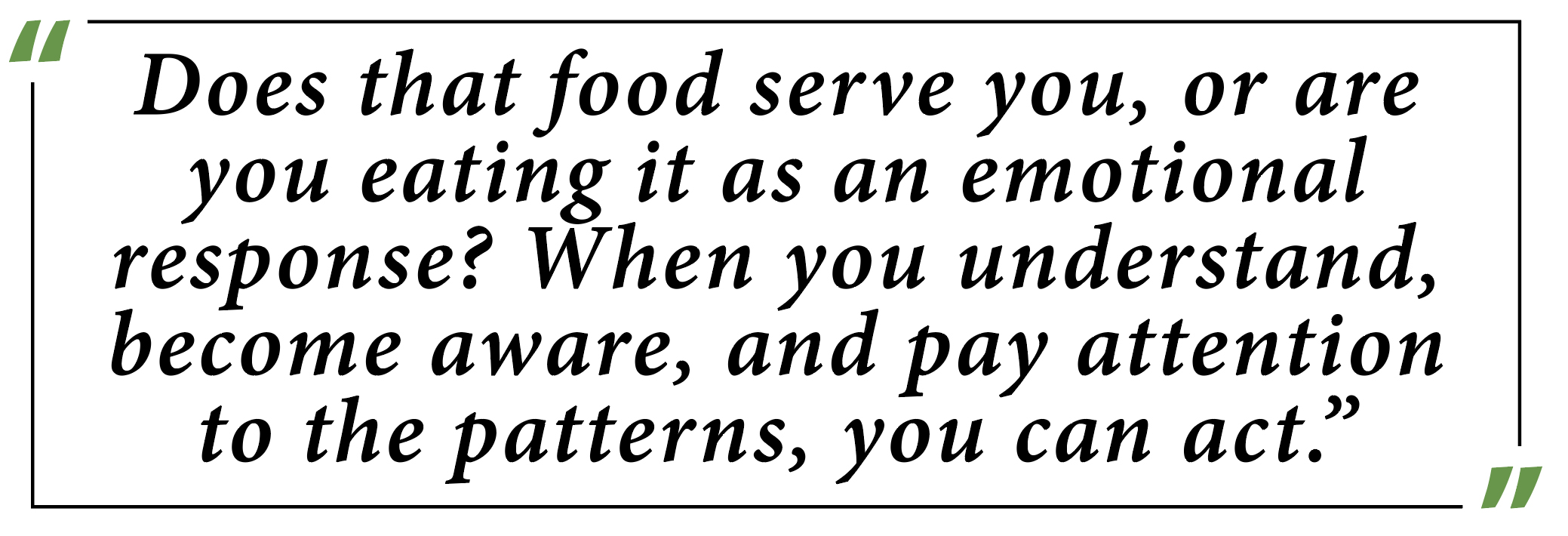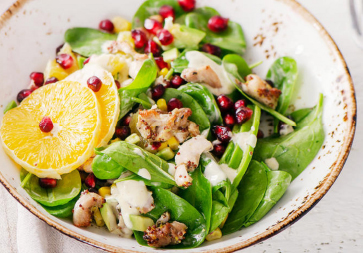Say Hello To 2021
The Only Resolution You’ll Ever Need

By Sharon Holand Gelfand, CN, FDN-P
Happy New Year! Did you make your New Year’s resolution yet? Is it the same as last year? And the year before? And the year before that? Let’s face it, people still make New Year’s resolutions and hope that maybe just this time, their resolutions will stick. The question is, why are we making them at all, and is there something you can do about it?
The ancient Babylonians are thought to have been the first to make resolutions some 4,000 years ago. They made promises to the gods, and if they kept their word, they would be favored and saved. Ancient Rome had a similar practice, as did other religions.
Today instead of making promises to the gods, people are making promises to themselves, and dieting has become an all-time favorite resolution to make. Unfortunately, research from The University of Scranton suggests that only 8 percent of people actually achieve their New Year’s resolutions.

THE BIG QUESTION…WHY?
We have been so conditioned by advertising and society to believe what we read and hear. We look externally for answers. When we don’t feel well, we go to Dr. Google for an answer. We watch TV and see an ad describing symptoms that we’re experiencing, and we wonder if we need that drug. We start to doubt our health, and we seek answers. Typically, ads with uplifting music make us feel better sharing how a particular medication has solved their condition. Oh, and don’t pay attention to the voice rattling a mile a minute of all the side effects, including death. Really?
2021 is the year to disrupt past patterns and create new habits so that we can once and for all resolve not to make another New Year’s resolution of going on a diet. After all, we know diets don’t work. We’ve been on them forever. If they did work, there wouldn’t be a multi-million dollar industry selling the next best solution to get six-pack abs or lose 10 pounds in one week.
As Glinda, the good witch from the Wizard of Oz, said to Dorothy: You’ve always had the power. Now is the time to take care of you so that you can create the lifestyle you want. But how? There’s so much information, and we don’t know who to believe or where to turn, or how to begin.

ENTER THE G.U.T. METHOD®
Health is multi-faceted and begins in your gut. In fact, the gut microbiome’s development is determined in the first 2 to 3 years of life. Add in antibiotics, processed food, stress, pesticides, skincare products, cleaning products, and other chemicals, and our guts have short-circuited, and we end up with IBS or worse.
I never understood this until my son was diagnosed with Crohn’s, Ulcerative Colitis, and Ileitis. Until his diagnosis, I thought I was healthy, despite my own compartmentalized issues—migraines, strep throat, eczema, hypoglycemia, IBS, anemia—after all, isn’t it normal for your body to fall apart when you get older? The answer is no! It is common, but not normal. I developed The G.U.T. Method® to help get back to basics and tune in first to your body.
THE START OF SOMETHING GOOD
Health is multi-faceted and begins in your gut. In fact, the gut microbiome’s development is determined in the first 2 to 3 years of life. Add in antibiotics, processed food, stress, pesticides, skincare products, cleaning products, and other chemicals, and our guts have short-circuited, and we end up with IBS or worse.
The first place to start is within you. Connect to your body by taking stock of what your body says to you in the form of symptoms.
• Do you have the sniffles?
• Does your throat hurt?
• Do you have gas?
• Anxiety?
These are just some of the questions you can ask yourself. Try this in the morning, after meals, and throughout the day and listen. It helps to keep a journal so you can see what your patterns are. For example, let’s say you develop gas or bloating after a meal. Write down what you ate and pay attention to how often that happens if you eat a particular food.
Once you understand that connection, you can then decide what it means to you and your body. Does that food serve you, or are you eating it as an emotional response? When you understand, become aware, and pay attention to the patterns, you can act.
You have the choice of whether you want to continue to feel the way you feel when eating that food. You may decide that occasionally it’s OK, but not every day. And you can do so with grace and compassion. You can do so without judgment or deprivation but with care and shifting your perspective that if you choose to have whatever the food is, that it’s ok to indulge.


TAKE ACTION
Health is multi-faceted and begins in your gut. In fact, the gut microbiome’s development is determined in the first 2 to 3 years of life. Add in antibiotics, processed food, stress, pesticides, skincare products, cleaning products, and other chemicals, and our guts have short-circuited, and we end up with IBS or worse.
Once you get connected and understand, you can pick one item below to get started.
• Swap out the food that bothers you with another option.
• Drink sparkling water infused with fruit instead of soda.
• Chew your food: 20-30 times per bite.
• Instead of cereal, try overnight oats.
• Try a new vegetable.
• The list goes on.
Pick one item. Practice it for a few days, a week or two. Create a new habit, and then continue adding as you progress. It’s not about deprivation or dieting.
Rome wasn’t built in a day. By taking baby steps and having compassion for yourself, you can shift your perspective and enjoy the journey.
For more information on Sharon Holand Gelfand and her new book The G.U.T. Method ®: Secrets Beyond Your Plate For A Healthier, More Energetic Life, visit sharonholand.com.





